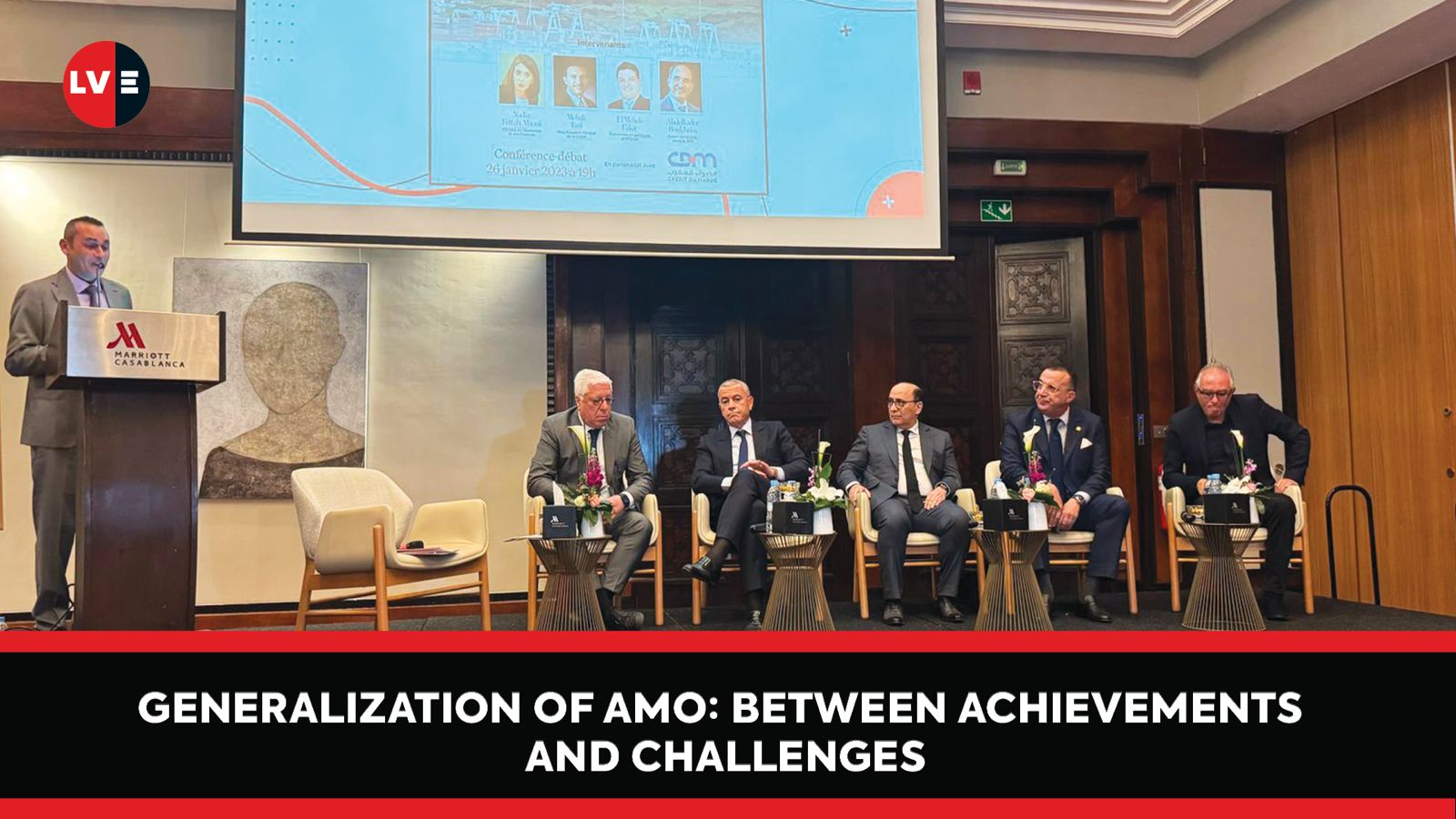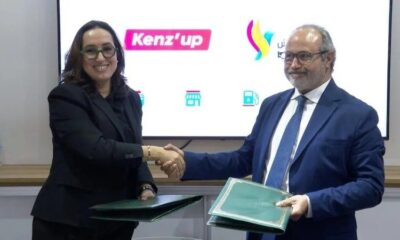Influences
AMO: Two Years After Generalization, What’s the Assessment?
La Vie Éco dedicated its first conference-debate of 2025 to the most ambitious social project in the Kingdom’s history: the generalization of mandatory health insurance (AMO). This was an opportunity to take stock of the implementation of this crucial reform and to discuss the challenges that need to be overcome to ensure the sustainability of the system.

A fundamental pillar of the social state, the royal project to generalize AMO has recorded significant achievements two years after its implementation. La Vie Eco’s conference-debate, dedicated to this mammoth undertaking, which was completed on time thanks to the colossal work of the various stakeholders, provided an opportunity to appreciate the progress made towards medical coverage for all.
The conference was attended by prominent figures directly involved in this pioneering reform: Hassan Boubrik, Director General of the National Social Security Fund; Abdelkrim Meziane Belfkih, Secretary General of the Ministry of Health and Social Protection; Rochdi Talib, Chairman and CEO of the Akdital Group; Raouf Mouhcine, Director of the Ibn Sina University Hospital of Rabat; and the Medicine professor, Yasser Sefiani. The rich and frank discussions made it possible to review the work accomplished to date, while looking ahead to the challenges to come, in particular those linked to the availability of human resources, the revision of the national reference tariff (NRT), digitalization, and the issue of financing.
The figures presented at this conference testify to the scale of the task accomplished to date. The number of insured persons registered with the CNSS has increased from 8 million in 2021 to 24.7 million in 2024, including private sector employees, self-employed workers, and beneficiaries of AMO Tadamon or AMO Achamil.
The implementation of the AMO Achamil scheme fulfills the first pillar of the royal project to generalize social protection, by completing the basic medical coverage offer in such a way as to allow the rest of the population, not covered by the other schemes, to have access to medical coverage. Thus, through these various AMO schemes, no Moroccan can be excluded from basic medical coverage, the opening of rights to which remains, of course, conditional on the payment of contributions, as in any contributory scheme.
To support the effective implementation of this project and the massive increase in benefit claims (the number of reimbursement files submitted daily has increased from 22,000 in 2021 to more than 110,000 files in December 2024), the CNSS has initiated a thorough overhaul of its management processes.
The network has been expanded, human resources have been strengthened, and a colossal investment has been made in the digitalization of services, in particular to streamline reimbursement processes and the payment of contributions. Today, the CNSS reimburses the healthcare costs incurred by insured persons within an average of 8 days. This period could be reduced to 24 hours with the digitalization of the healthcare form processing. The new CNSS platform should be deployed in 9 to 12 months, revealed Hassan Boubrik. It will also enable an optimization of claims processing costs, with potential savings of over 400 million dirhams for the CNSS.












